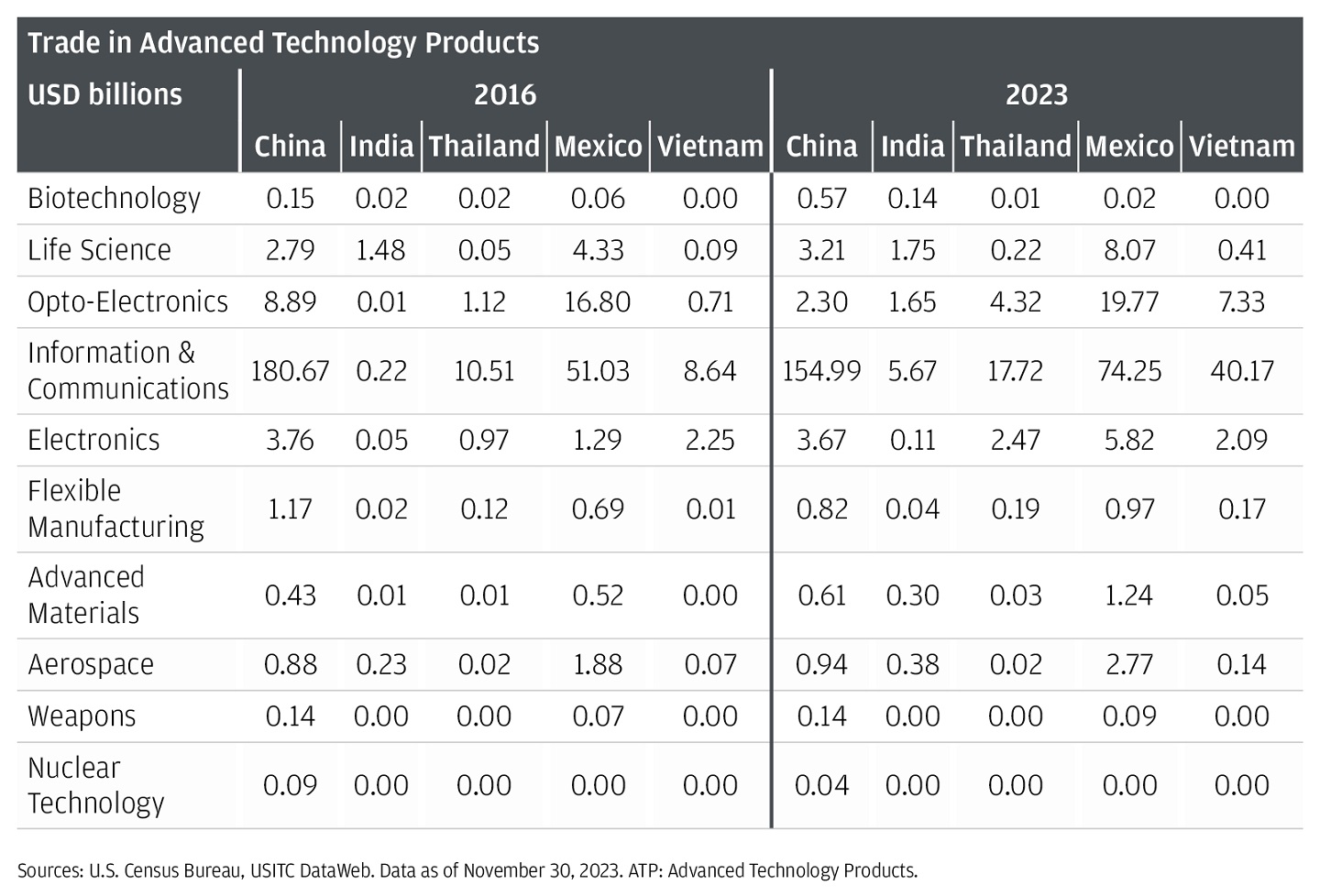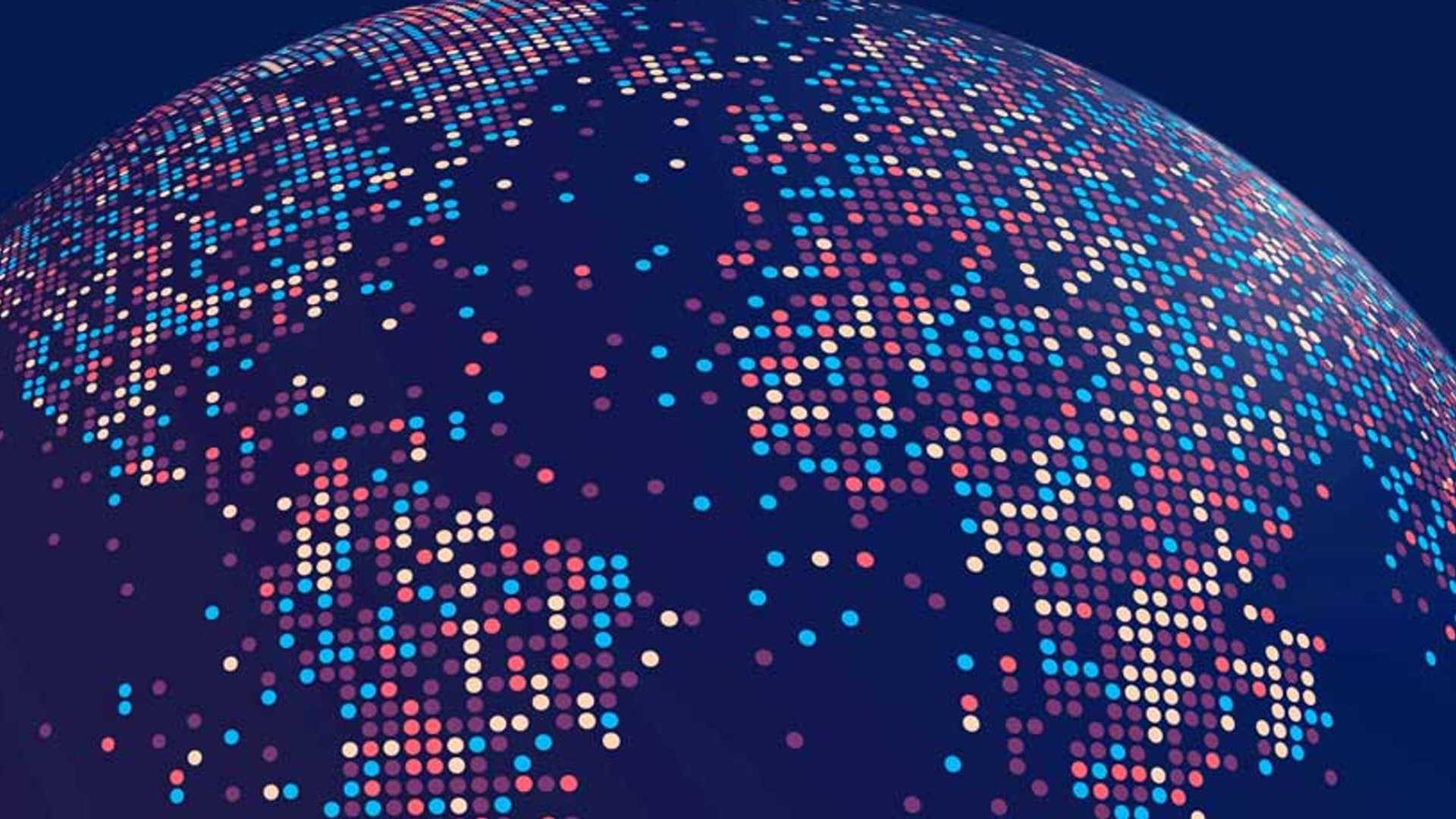Artificial Intelligence and The Prospect of De-Globalization - Modern Perspective
The rapid development of technology is a result of globalization and interconnectedness. However, what if I tell you if artificial intelligence, one of the most advanced technologies humans have ever created, can disconnect the world?

Artificial Intelligence: Born from Globalization, Live to cause De-Globalization
Nowadays, artificial intelligence, or AI, seems to be an inseparable part of human lives. AI is not only used on a macro scale, such as in the e-ticket system to punish road rule violators, factories, or others. AI is also used on the micro scale by individuals. We can directly open AI apps and write prompts such as “Make me a poem about love” or “Draw me a picture of bombardier crocodile”. AI is undoubtedly a part of our everyday life, and we can even find inspiration for research topics just using AI.
The development of AI itself cannot be separated from globalization. More specifically, the development of AI-supporting devices such as computer chips or semiconductors is a result of globalization and the global supply chain. According to research conducted by the Center for Strategic and International Studies, or CSIS, 91% of the world’s semiconductor sales are located in only 5 countries: the United States, Japan, China, South Korea, and Taiwan. The supply chain of semiconductors, from designing to packaging, is also heavily intensified in these five countries.
Currently, the United States successfully places itself as the global AI leader. According to the 2023 Stanford’s AI Index Report, the United States is leading with a total score of 70.06. China is trailing behind with a total score of 40.17, and in third place is the United Kingdom with a total score of 27.21. The United States and China are in the race to be the leader in global AI development.
Understanding Deglobalization
Everything that exists must have an opposite side, so does globalization. In this part, I will try to explain what deglobalization is and how it affects the world, especially in international trade.
If globalization is marked by the expansion of the world’s economy, politics, and social and cultural links, then de-globalization is a complete opposite of it. According to Professor Markus Kornprobst and Jon Wallace, de-globalization refers to a series of attempts to make a world less connected that are characterized by powerful nation-states, the rise of nationalism and local solutions, and stricter border control among states.

De-globalization itself is a reversed process that tries to limit interaction and integration of national economies while promoting nationalist policies. In the international trade sphere, while globalization promotes the elimination of trade barriers and free trade for all, deglobalization promotes stricter trade restrictions and protectionist policies such as tariffs, local content requirements, and inward investment.
The US-China “AI” and Trade Wars: Proof of De-Globalization?
When we talk about the “AI war” between the United States and China, we first must look back to the 2018 trade war, where the United States began to impose 10 to 25 percent tariffs on Chinese goods worth about USD 450 billion. China then retaliated by imposing similar tariffs on US exports such as livestock, agriculture, and automobiles. At first, the tariff war only applied to mass-produced and manufactured goods. However, it quickly expanded to other sectors, such as electronic products, which include semiconductors.

In October 2022, during the Biden presidency, the United States enacted a new export control of semiconductors to China titled “Commerce Implements New Export Controls on Advanced Computing and Semiconductor Manufacturing Items to the People’s Republic of China.” According to some United States officials, as reported by CSIS, this export control aims to curb China’s development of advanced AI by cutting off advanced semiconductor sources and manufacturing equipment.
The Future?
With the United States’ announcement of reciprocal tariffs this April, it seems that technology and its development will be in crisis. Some states may have the capability to develop their own semiconductors and AI. However, what about the others, such as the Global South, which generally do not have much money to fund their own AI or its supporting components? Back then, international cooperation between developed and developing states was always glorified as necessary for all states to prosper, especially in the more interconnected world.
In a globalized world where international trade is considered essential for all states, the imposition of strict trade barriers is a violation of the spirit of free trade that originated in the United States of America. Thus, I argue that now we are moving or could probably move to a new phase, and that is deglobalization.










